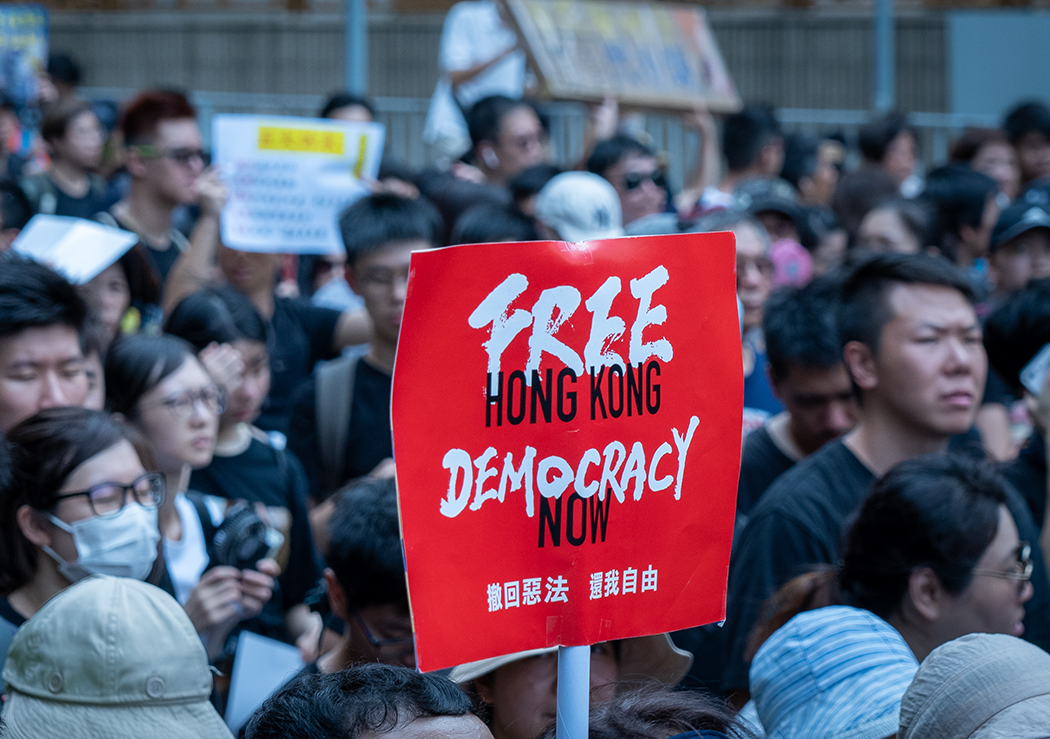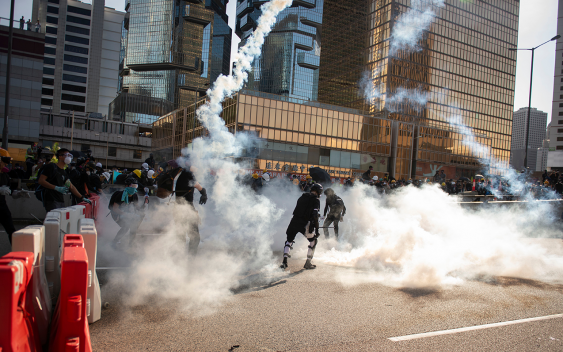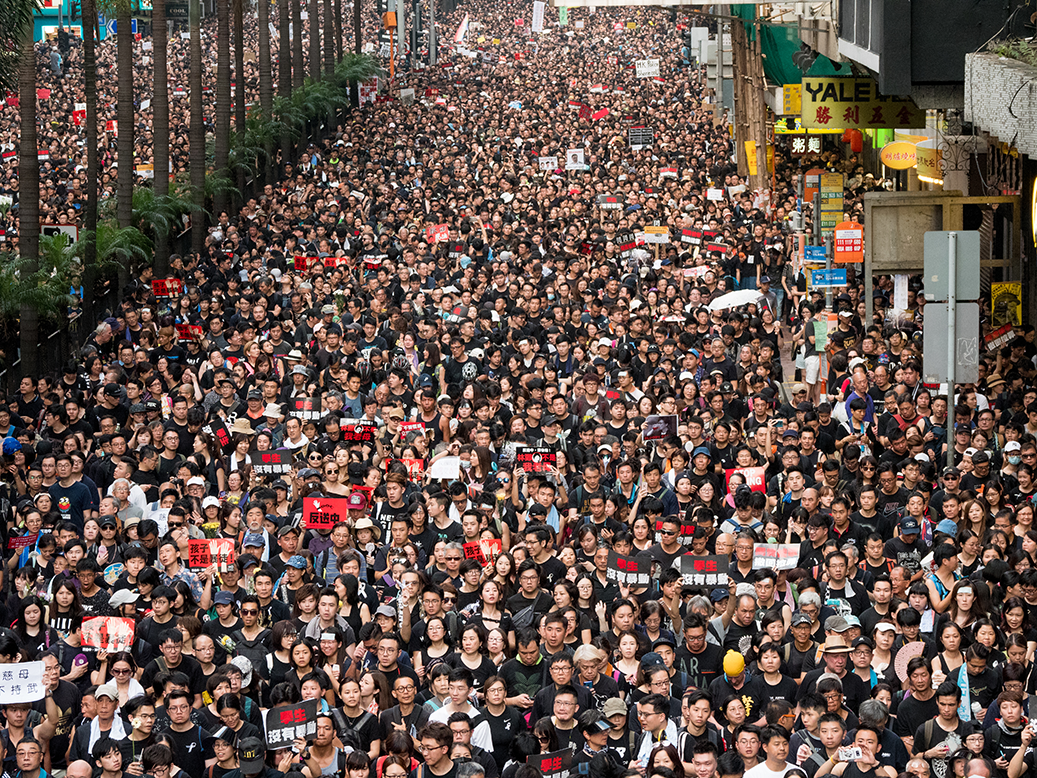China needs international pressure to end Hong Kong wrong
The UN needs to establish a special envoy to closely monitor the decline of human rights in Hong Kong, says Australia Director at Human Rights Watch and adjunct lecturer at UNSW Law Elaine Pearson.




